Copper and Nickel-plating are both good options for your AC WORKS® brand products, conductivity, longevity, and overall quality of the product. There are pros and cons to each type of material used and learning these will only benefit you when purchasing your next power adapter or cord.
Copper is prone to corrosion. Providing a protective layer to your conductive components can help to avoid corrosion and will avoid the reduction of conductivity by corroded materials. The conductivity of copper can be reduced when corrosion occurs.
There are two groups of materials available to coat your copper forming a protective barrier. The first group is called Noble metals and the second is Passive metals. Some of our AC WORKS® brand products are coated with nickel plating. Nickel is in the passive metal group. Passive metals are used in the corrosion protection of many electrical contacts.
Nickel coating is very hard and durable, 150HV to 700HV. HV stands for Vickers hardness, which measures the hardness of materials. It is perfect for electrical use because of the resistance to heavily used products, especially those used for sliding contacts. It is commonly used to plate other metals that easily experience corrosion because it is highly resistant unless you expose it to extreme humidity. It is easy to clean and more conductive than tin but not as good as gold. Nickel-plating is used to save costs over using a solid piece of nickel.
The ability of a metal to transmit energy is conductivity. There is more than one type of conductivity. These types include electrical, thermal, and acoustical. In our case we are talking about electrical conductivity and the second most conductive metal element is copper. Silver ranks the highest on this list but is typically skipped over for copper because it is less expensive. Nickel is another metal that has a high electrical conductivity.
Copper is the best conductive material within a reasonable price and nickel-plating is not required by any codes or laws. As you read above there are many positives to using nickel over copper. We have combined the two elements in some of our products. The products listed as nickel-plated are plated over copper prongs to protect their metal surfaces from corrosion.

Although copper is a good conductive material should it rust it will no longer be good to you. The plating we use is there to protect the longevity of your purchase. However, we should also mention the environment you will be putting your AC WORKS® brand products into. If you are in a boat or RV where there may be water or humidity you will want that nickel-plating. If you are using your products in a dry location with relatively stable conditions like your home, the copper will be just as good if not better.
AC WORKS® brand product examples:
An example of an AC WORKS® brand nickel-plated product is the AD650L630
This product is made of durable construction, is compact in size so you can fit it in tight spaces and corners with no problem, and has nickel-plated pins and terminals to resist corrosion.

An example of a non-nickel-plated AC WORKS® brand product is the WD1430650-018
This product is made very durable and of heavy-duty construction. It is also able to perform and stay protected in extreme temperatures due to its STW, 10/3, 600 Volt 30 Amp cable with an anti-cold weather jacket providing protection.
If you have any questions or comments on this or other topics leave them in the comments below and share this article with anyone you think is interested. Thank you for being a loyal reader, any topic ideas you have can be shared with Stephanie.
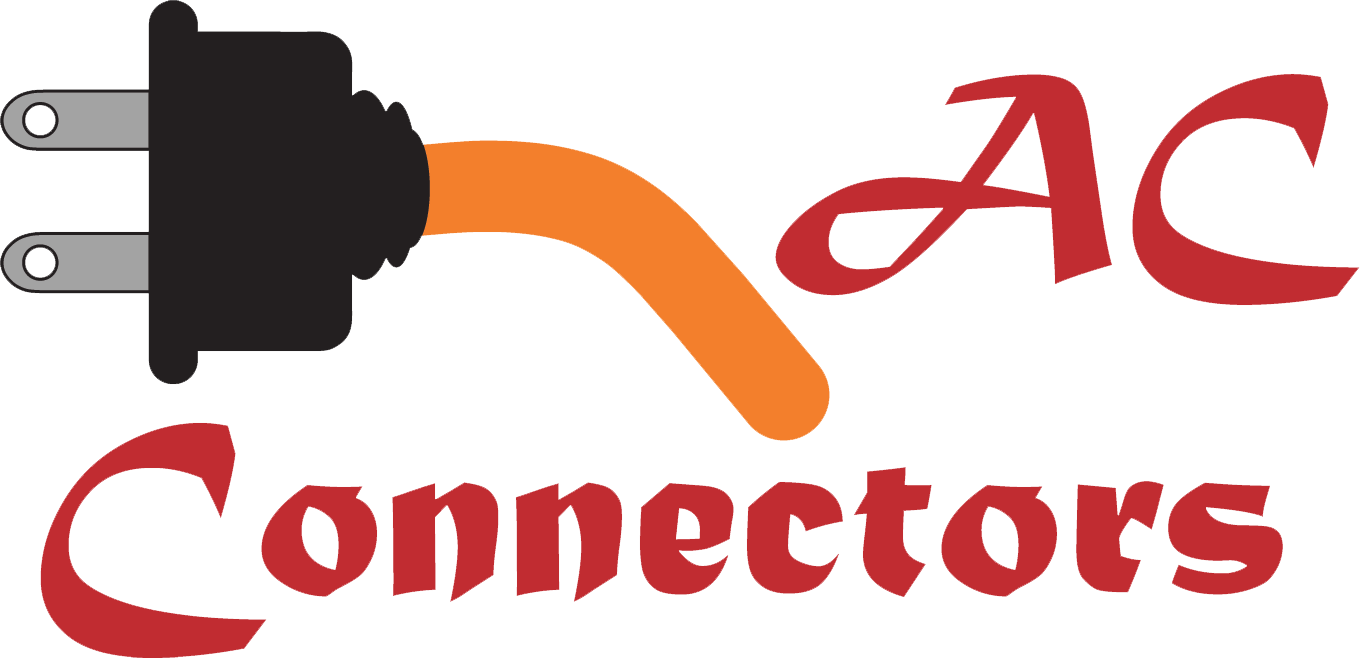
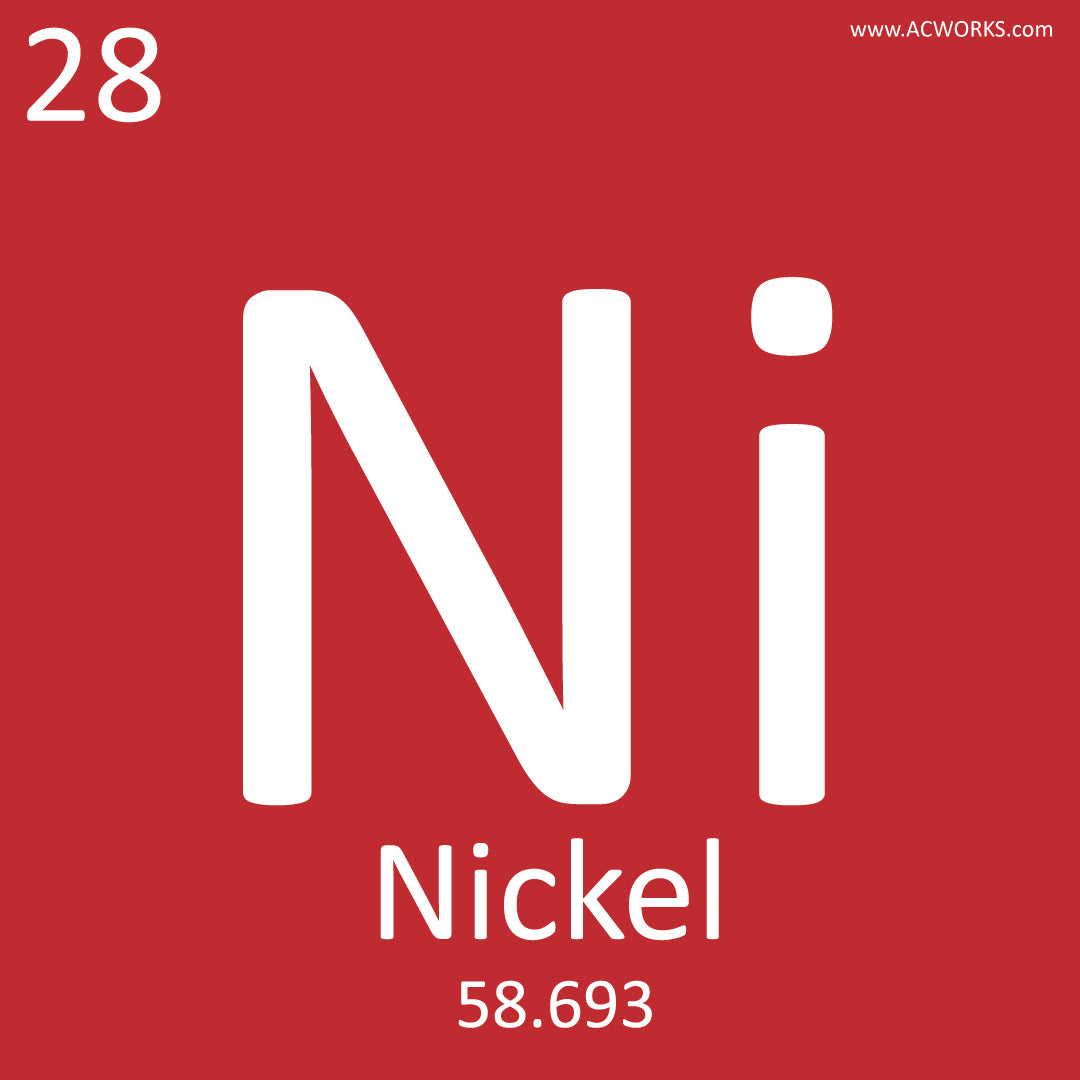



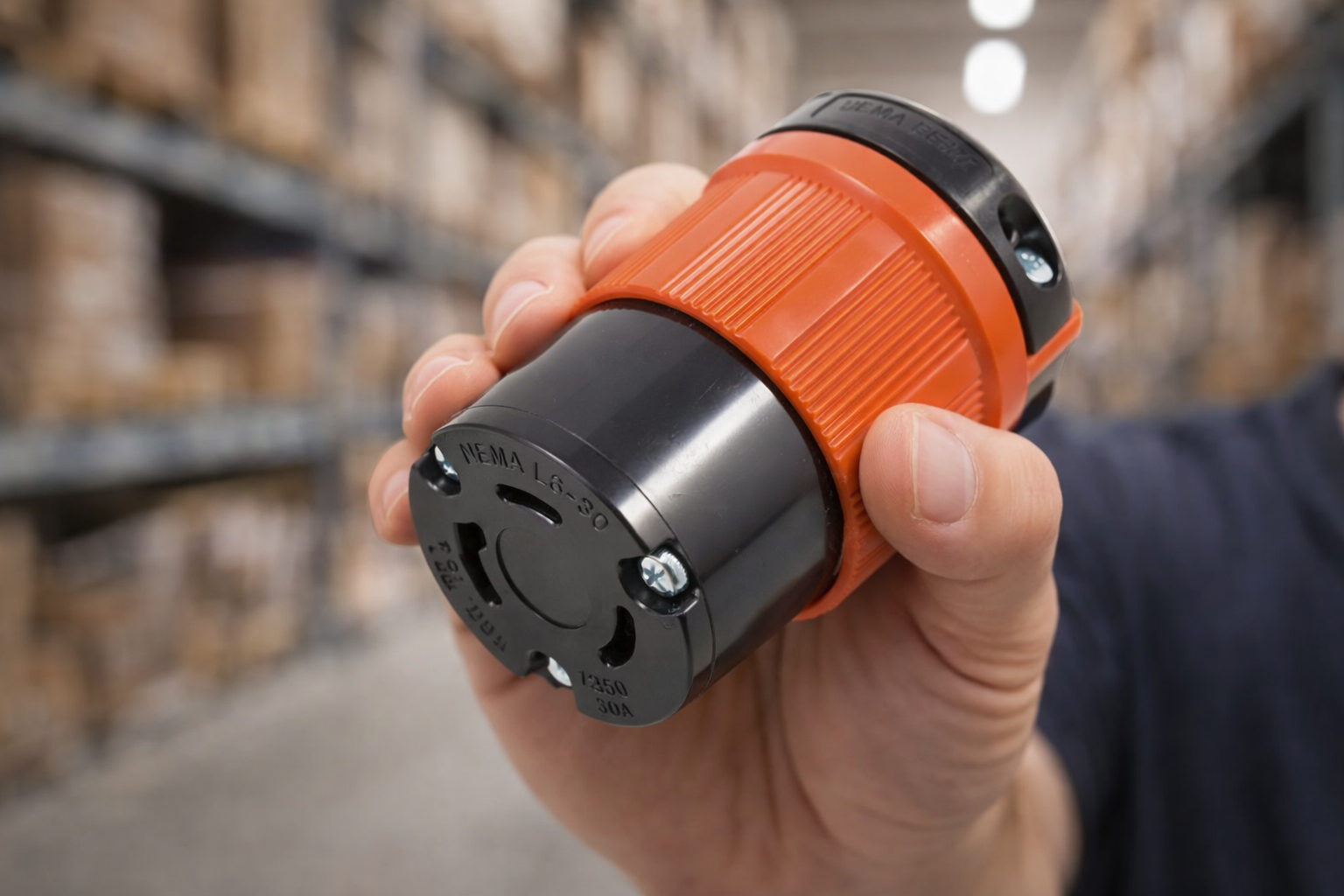
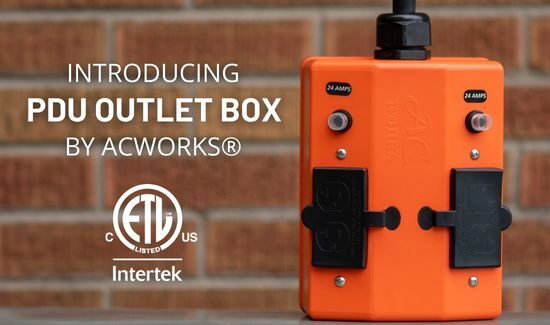

Share:
Let's Celebrate Another Year - 2018 Recap
Safe & Quick Dryer Power Solutions
2 comments
Hey there! I found it quite intriguing when you pointed out that nickel plating is highly affordable and sturdy as well. My brother wants to buy some electrical appliances for his apartment. I’ll ask him to take a closer look into this matter when he makes a purchase. https://easternplating.com/
Thanks for explaining that copper is a good plating option if we need a conductive material. My cousin mentioned he wants to get some sort of electroplating for his industrial parts to improve their performance. I’ll share this info to help him understand the unique characteristics of different plating materials. https://www.smfi.net/